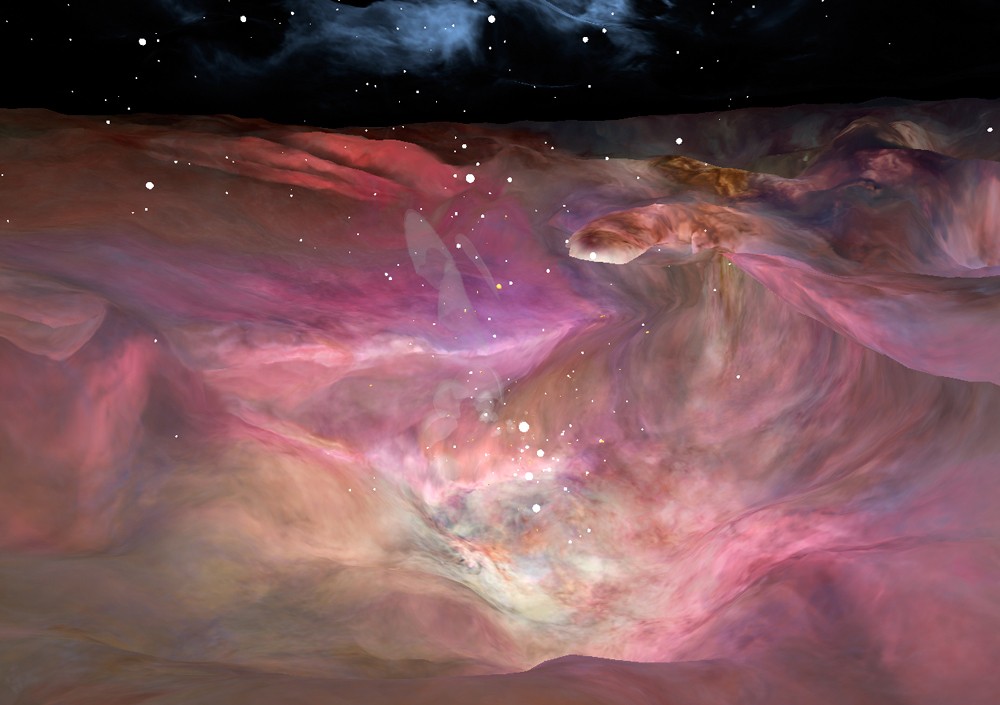
Is dark energy born inside black holes?
UC physicist talks to Scientific American about dark energy mystery
Scientific American turned to a University of Cincinnati physicist to help explain a new theory for why cosmologists say the universe is expanding at an accelerating rate.
An international team of researchers say black holes might explain it. As these dying stars collapse into supermassive black holes, they spew dark energy into the universe, they said in a study published in the journal Physical Review Letters.

UC Assistant Professor Jessie Muir. Photo/Provided
“I view this black hole paper as an interesting entry in this growing canon of people testing out, ‘What if I add these physics — does that reconcile these tensions?’” UC Assistant Professor Jessie Muir told Scientific American.
Muir was not a co-author of the paper but studies dark energy as part of an international collaboration that examines fundamental issues relating to the distribution of matter in the universe.
Researchers based their theory on data collected from Arizona's Dark Energy Spectroscopic Instrument.
The theory would help explain the discrepancy in the cosmological constant postulated by Albert Einstein in his general relativity equation that says the energy density of space is constant and intrinsic.
“It is interesting that this can fit the data,” Muir told Scientific American. “It is a point in favor of maybe this being not a thing to dismiss.”
Read the Scientific American story.
Featured image at top: A gas cloud in the Orion Nebula as captured by the Hubble Space Telescope. Photo/G. Bacon, L. Frattare, Z. Levay and F. Summers/NASA
Related Stories
UC to receive over $1.5 million from the National Science Foundation
September 14, 2022
UC receives $1.6 million in federal funding from National Science Foundation.
NSF: Investing $45M in future of semiconductors
September 22, 2023
UC's semiconductor project is among 24 the National Science Foundation is supporting with $45 million in grants.
Is dark energy born inside black holes?
October 6, 2025
UC physicist talks to Scientific American about a new theory to explain why the universe is expanding at an accelerating rate.
